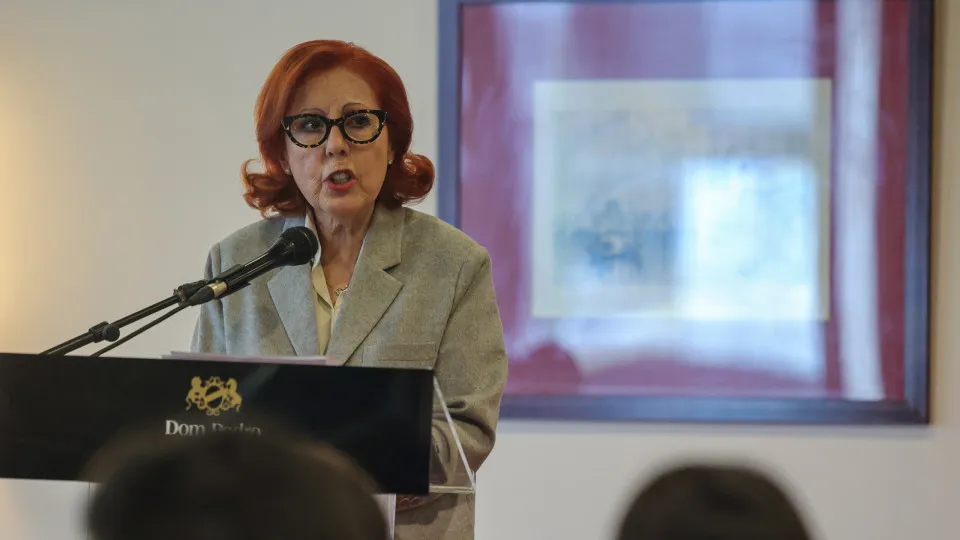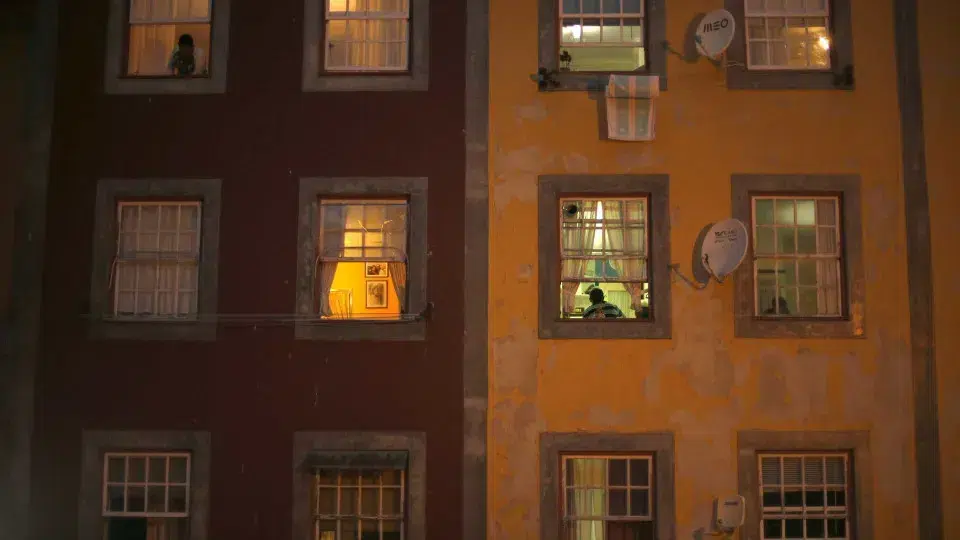
During a luncheon debate hosted by the American Chamber of Commerce in Portugal (AmCham Portugal) in Lisbon, the minister explained that the gradual elimination of these guaranteed remuneration contracts will provide “greater flexibility” to the electricity system.
Guaranteed tariffs are contracts made with renewable energy producers that ensured fixed prices for the sale of electricity over a specified period, with costs passed on in the tariffs paid by consumers.
“Every year, from now on, we will have a set of guaranteed tariffs that will disappear, giving us a better opportunity to create new instruments and reduce energy costs,” she stated.
According to the minister, the gradual elimination of guaranteed remuneration contracts creates “budgetary and regulatory space” to support the necessary investment in the electricity system, without leading to increases in electricity prices.
The tariff proposal for 2026 presented by the Energy Services Regulatory Authority (ERSE) anticipates a nominal variation of just 1% in regulated electricity tariffs for families in Low Voltage Normal (BTN), a figure below the expected inflation for the following year, reflecting the stabilization of costs in the electricity system.
Maria da Graça Carvalho emphasized that supply security, competitiveness, and decarbonization are the Government’s three priorities in the energy sector, stressing that the goal is to simplify and accelerate licensing, strengthen electrical grids, and create new “high-demand areas” for connection to the grid in Sines, Abrantes, and in the central coastal area.
The minister assured that the Government is preparing “simpler and more transparent” legislation to prevent deadlocks and make processes “faster and more predictable.” “Public Administration must not be afraid to decide. Simplification is the key to solving investment issues in energy,” she commented.
Regarding decarbonization, she also recalled the creation of a “green map” with areas of the country of lower environmental sensitivity, which will allow for the acceleration of renewable project installations. In these cases, investors will only need to obtain a simplified authorization, “within a few days.”
The official argued that Portugal maintains competitive conditions compared to other European countries, highlighting access to clean energy, qualified labor, and political stability.
“We want to attract more direct foreign investment, particularly from the United States,” she stated, noting that the country is one of Portugal’s main suppliers of natural gas and one of the largest non-European investors.




